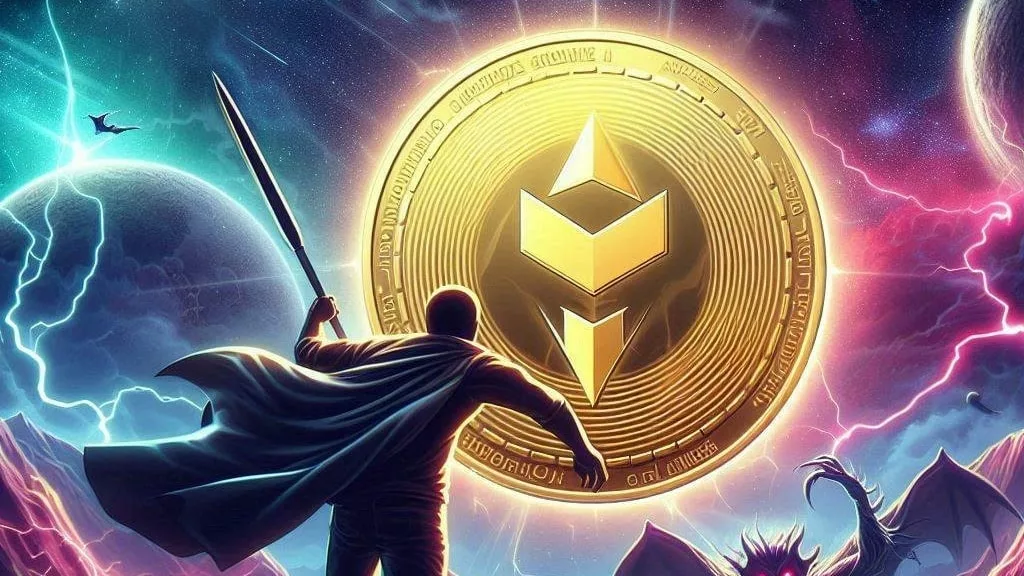
The decentralized finance (DeFi) ecosystem on Solana has been rocked by revelations of substantial losses incurred by users due to the activities of a Maximum Extractable Value (MEV) bot named “arsc.” This bot has siphoned off approximately $30 million from Solana users through sophisticated arbitrage techniques, spotlighting significant vulnerabilities and issues with the network’s validators.
MEV arbitrage involves strategically positioning trades to capitalize on the price movement of other transactions within the same block. In the case of “arsc,” this method is known as “sandwich trading.” Here’s how it works:
The “arsc” bot’s activities have been detrimental to ordinary users on the Solana network. Each time the bot executes a sandwich trade, it creates an artificial price fluctuation that adversely affects the value of the users’ transactions caught in between. This practice has not only eroded trust in Solana’s network but also highlighted the extent to which malicious actors can exploit validator power for personal gain.
Validators are fundamental to any blockchain, responsible for ensuring the integrity of transactions and maintaining network security. However, the Solana network has been grappling with the challenge of malicious validators who leverage their position to participate in or facilitate MEV arbitrage attacks.
Validators involved in these schemes can earn “tips” from MEV bots in return for prioritizing their trades. This practice skews the incentives for validators, prompting them to prioritize transactions that benefit the MEV bots rather than those that serve the network’s overall health and the interests of its users. The arsc bot’s success has likely resulted in a portion of its $30 million in profits being funneled back to these validators, exacerbating the issue.
The discovery of these exploits has triggered outrage within the Solana community. The controversy intensified following a governance vote in May 2024 aimed at increasing validator rewards. While the vote passed, it failed to address the underlying problem of malicious validators. This omission has led to growing frustration among community members who feel that the governance system does not adequately address the misbehavior of validators.
In response to the ongoing issue, the Solana Foundation has taken steps to penalize bad actors within the network. Several malicious validators have been removed from the foundation’s partner program, though they continue to operate on the network. This partial measure underscores the complexities of policing and maintaining integrity within a decentralized system where control over validators is limited.
Ensuring the trustworthiness of validators is critical for the long-term success and reliability of any blockchain network. For Solana, addressing the current challenges involves implementing more stringent oversight and possibly revising governance frameworks to allow for more effective deterrence and punishment of malicious activities.
The $30 million loss to Solana users due to the “arsc” MEV bot has brought to light the significant risks associated with validator misconduct. While Solana’s speed and low transaction costs make it a popular choice for DeFi applications, these advantages can be undermined by systemic vulnerabilities within the validation process.




Get the latest Crypto & Blockchain News in your inbox.